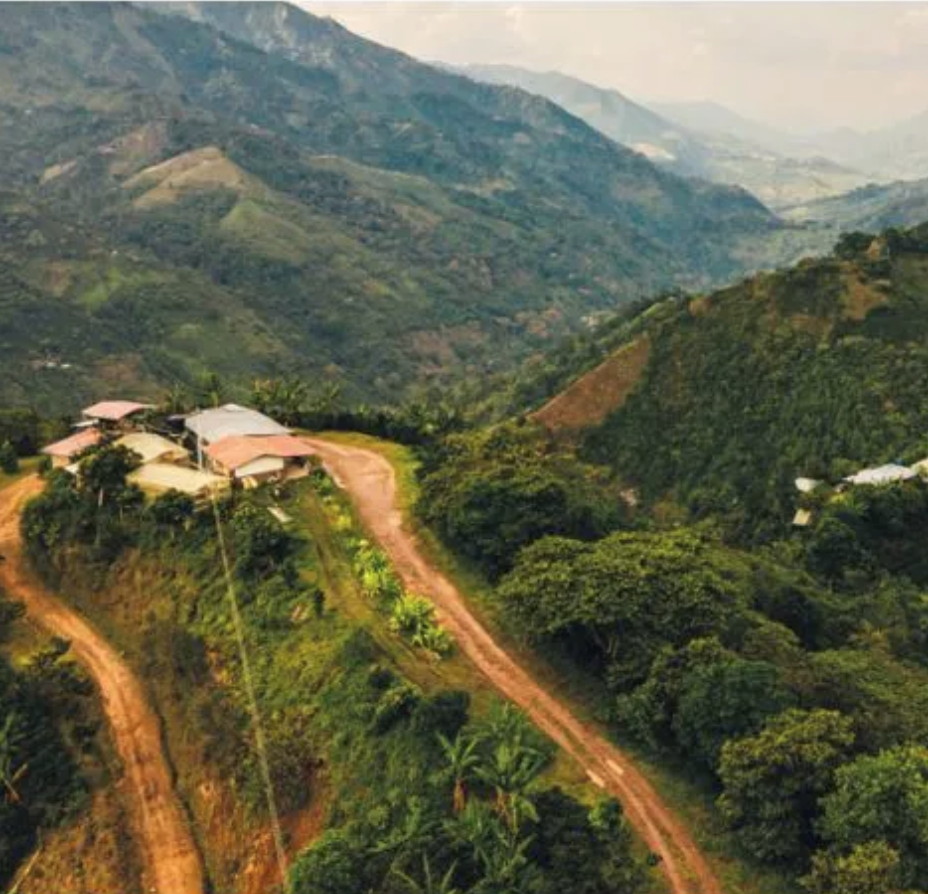Honduras - Elvin's Honey
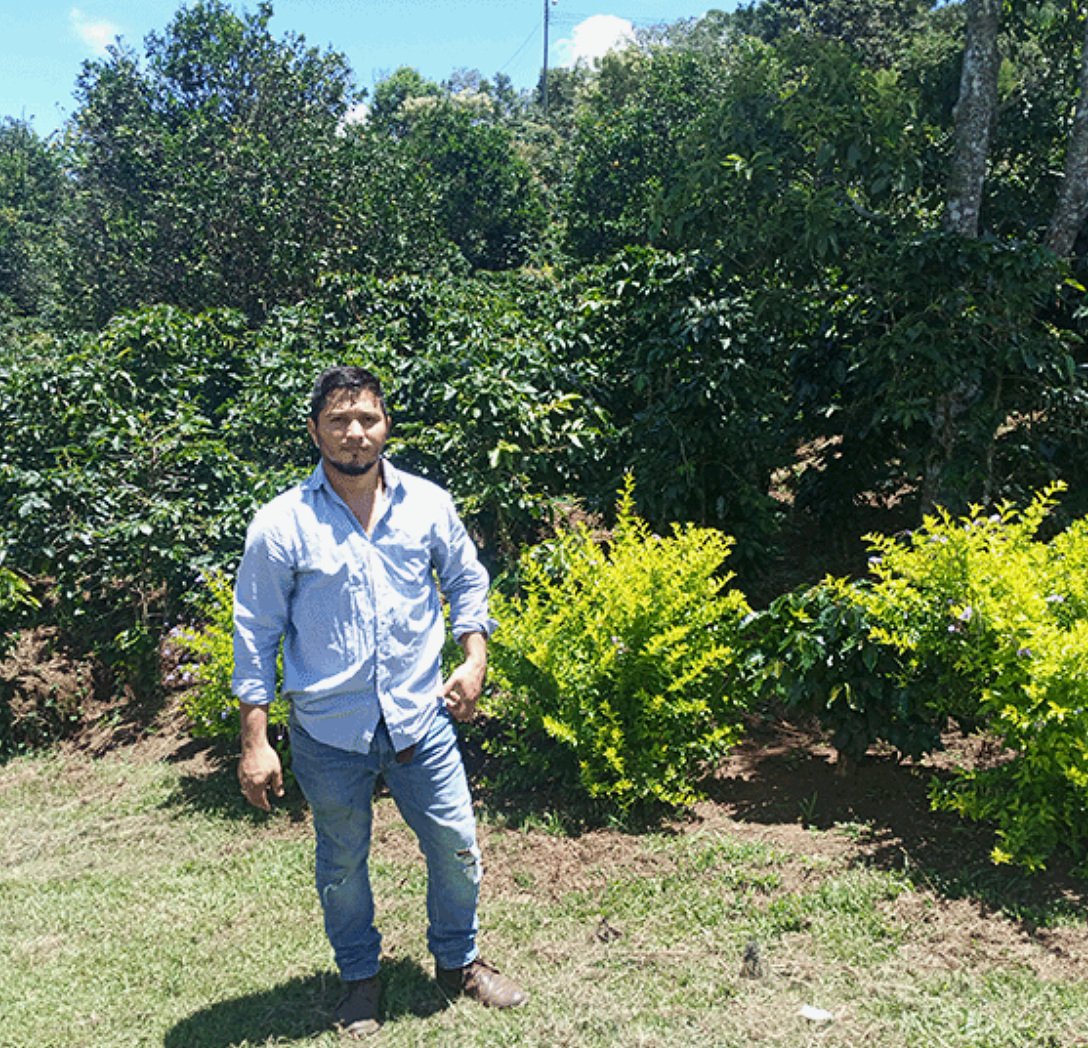
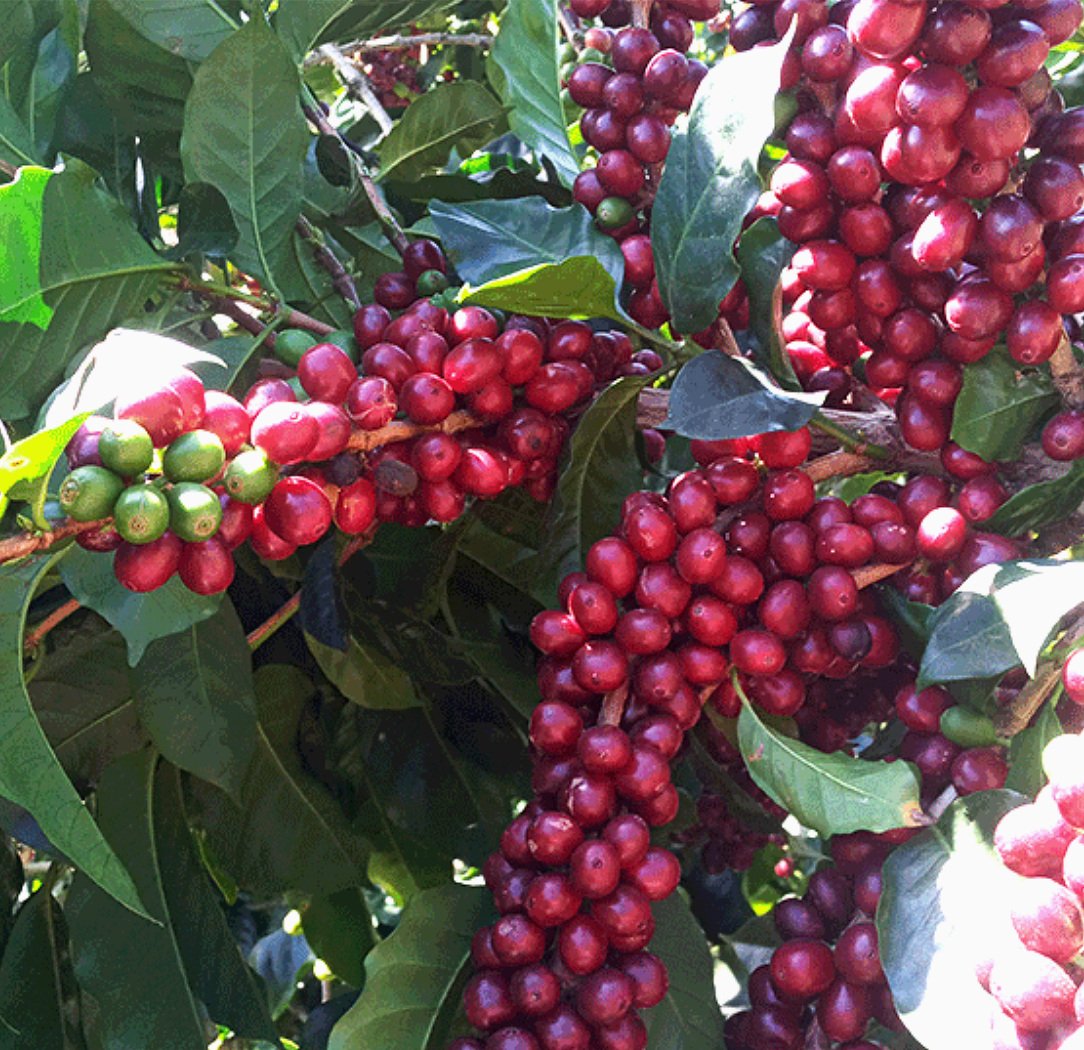
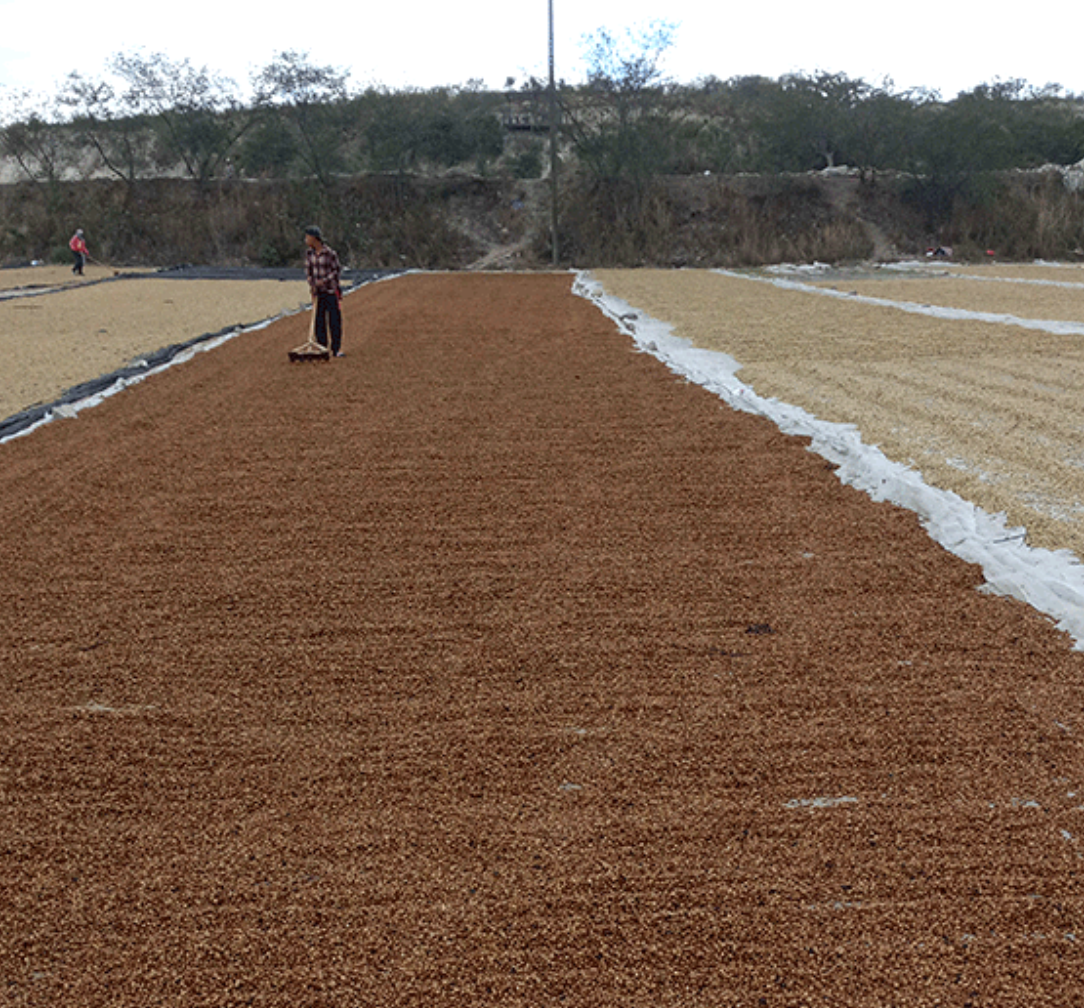
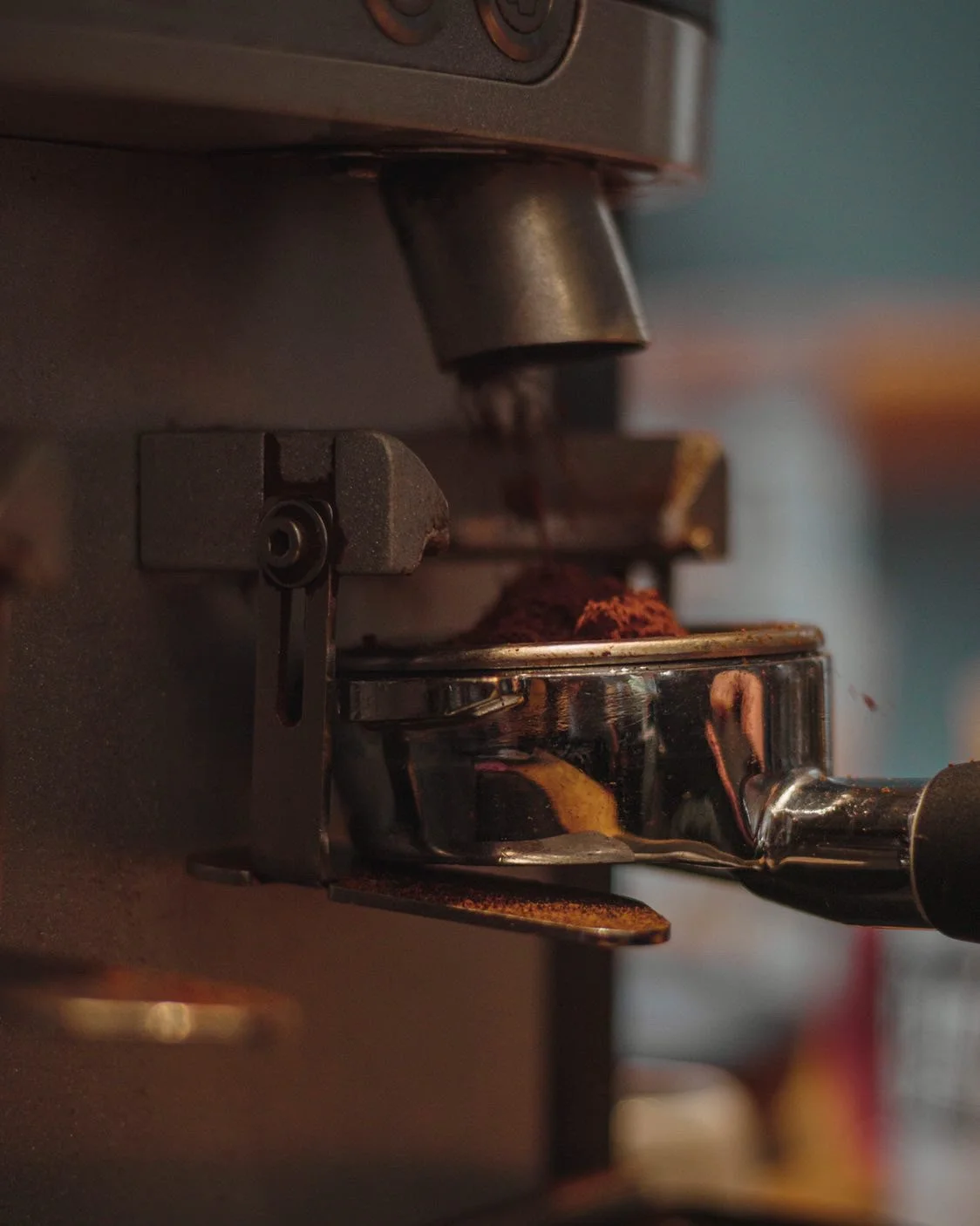


Honduras - Elvin's Honey
About This Coffee
This special lot of honey-processed coffee has Catimor and Lempira varietals and comes from Finca El Matazano, located at 1,500 masl in El Matazano community. It belongs to the Montecillos region in Honduras and stands out for its high quality coffees. This community is of Lenca ethnicity and its inhabitants are known as both friendly and helpful. Finca El Matazano was passed down to Elvin by his father, who spent his life cultivating coffee in an environmentally conscious manner. The farm operates under an agroforestry system, where coffee is grown alongside fruit and timber trees. Additionally, protecting the native wildlife that inhabits the farm is a core priority for Elvin.
Tasting Notes
Raspberry, Lemongrass, Dark Chocolate.
Growing Coffee in Honduras, El Matazano
Elvin Adolfo Castillo is a small-scale coffee producer who owns a 3.3-hectare farm named Finca El Matazano, located in the El Matazano community of the Montecillos region. He is the youngest of three brothers and inherited a deep love and passion for coffee from his father. In 2015, Elvin completed the prestigious 5-star cupper course offered by the Honduran Coffee Institute (IHCAFE). Inspired by his father—who produced high-quality coffee but lacked the technical knowledge to evaluate it—Elvin chose to specialise in coffee cupping.
Before 1900, coffee in Honduras was primarily a small-scale, garden-grown crop cultivated on modest plots for local consumption. In 1894, less than 10% of the country's coffee was exported. By the turn of the century, export volumes had more than doubled, yet bananas remained the dominant crop. Over the following decades, as banana production declined, coffee production began a gradual but consistent rise.
Today, Honduras stands as the largest coffee producer in Central America, having exported over 5 million bags last year. It is also recognised as one of the leading exporters of specialty-grade coffee.
What sets Honduras apart is that much of its growth in coffee exports came after the global rise of the specialty coffee industry. As a result, many new farmers and processing mills entered the market with quality as a primary focus. Coffee cultivation is now widespread, taking place in 210 of the country’s 298 municipalities, especially throughout the central and coastal highlands. These areas are grouped into six main Coffee Regions, listed from north to south: Copán, Opalaca, Montecillos, Comayagua, El Paraíso, and Agalta.
The Process
Cherries are selectively harvested at the point of peak maturation. These cherries are then de-pulped and sun-dried in thick layers on a patio on a blanket or Zaran. The coffee is constantly turned by a person to achieve uniform drying for an average of 12 days.








